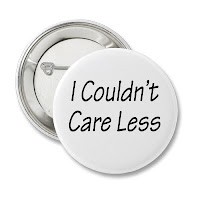What to expect when you’re parenting adult children: not a popular title!!
The world of blogging and parenting books is not heavily populated with advice or revealing narratives about the experiences of parents still committed to “raising ” adult children. For the first few months of the upcoming new year, we’re going to delve into the challenges, complexities and troubling elements of this relationship and these years. A few years ago, when our children were teens, we noted there were not many moms talking in blogs about teenage children. A few have since stepped up to the plate to discuss this difficult parenting time. Yet what gets in the way of this discussion may be concerns about privacy, with many teens likely voicing their lack of enthusiasm for being fodder for mom’s blog.
Disclosures will be something we also need to think about as we talk about parenting young adult kids. We’re also interested in questions about defining a healthy committed parenting role as our children move into adulthood and autonomy. There are questions of whether they should live at home, be financially independent, and makes all of their own life choices.
Given the tricky territory, it’s not surprising that there are few folks talking about this in a reflective way.
We want to look at the discourses that create, shape or pattern parenting in order to intervene and to find new words to describe our practices. To the extent that Michael de Certeau is right and that our practices are regulated by language, we hope to expand the linguistic and narrative possibilities to broaden the options associate with parenting.
Disclosures will be something we also need to think about as we talk about parenting young adult kids. We’re also interested in questions about defining a healthy committed parenting role as our children move into adulthood and autonomy. There are questions of whether they should live at home, be financially independent, and makes all of their own life choices.
Given the tricky territory, it’s not surprising that there are few folks talking about this in a reflective way.
We want to look at the discourses that create, shape or pattern parenting in order to intervene and to find new words to describe our practices. To the extent that Michael de Certeau is right and that our practices are regulated by language, we hope to expand the linguistic and narrative possibilities to broaden the options associate with parenting.



Comments
Post a Comment